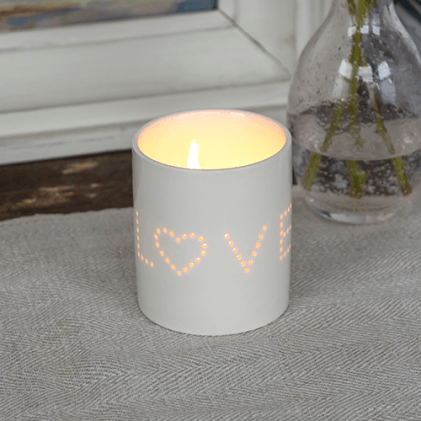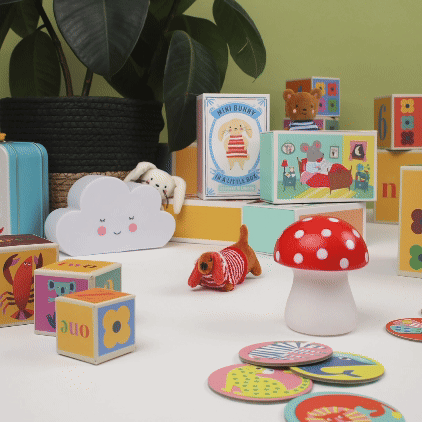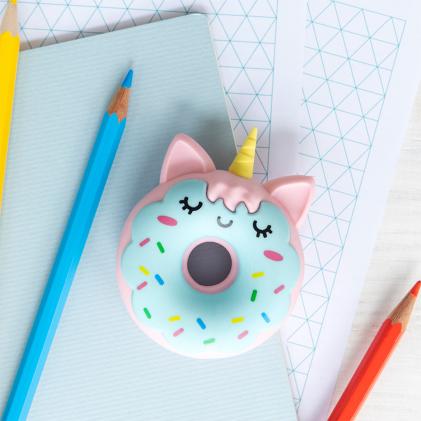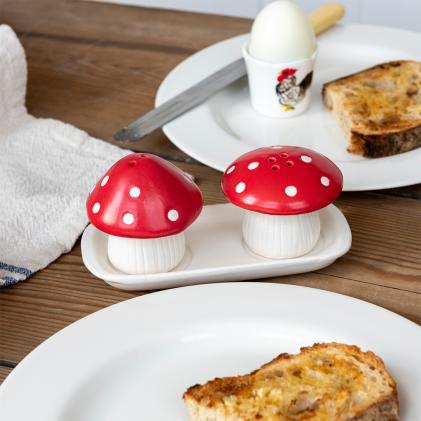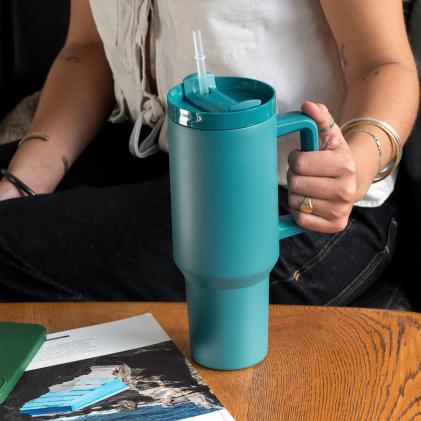Journaling for wellbeing
There are lots of positive suggestions for ways to use this strange time to get fit or pick up a new skill. But if the thought of learning new things doesn’t appeal to you right now, don’t worry. There’s a lot to be said for simply being kind to yourself instead - pressure and expectation can wait.
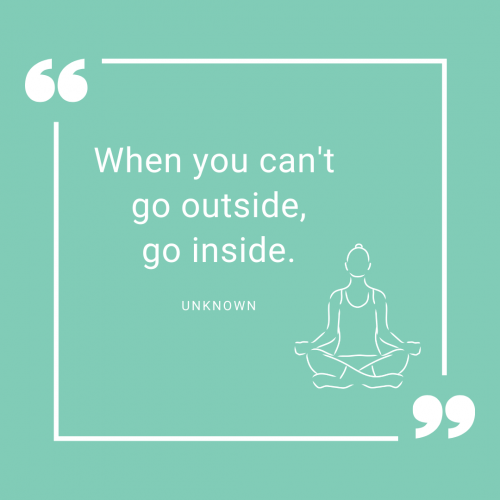
Looking for an easy way to look after yourself that takes less than 10 minutes a day? Try starting a journal.
Why write a journal?
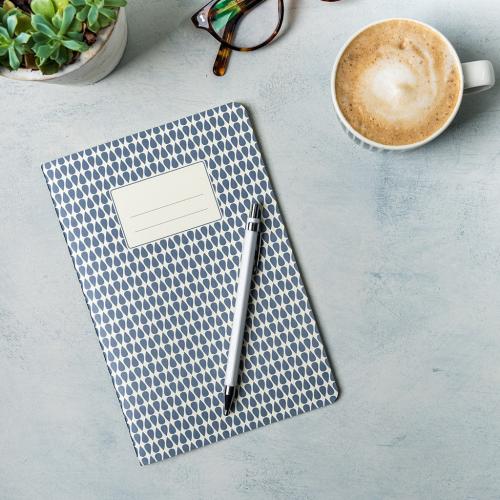
Product shown: Blue Abstract A5 Notebook, £2.95
Someone to talk to when you’re feeling lonely, or a quiet place to escape when you’re feeling overwhelmed, your journal can be whatever you need it to be in the moment, but the longer term benefits are universally recognised.
Susannah Conway has been writing a journal since she was 11 and now runs e-courses teaching others the techniques and benefits. She says: “Journaling is a practical and accessible way to stay connected to our inner self, our body, our dreams and our purpose in life. It's an on-going conversation with self, that we can do any place at any time.”
Expressive writing - aka journaling - is scientifically proven to improve heart rate variability associated with better health. How? Writing about your feelings gives you a new perspective that helps you to move forward. This can help you sleep better, feel more relaxed, and recover more quickly from illness. Bingo! What have you got to lose?
Here are 8 journaling tips to help you begin...
Journaling for wellbeing: 8 tips to get started
Image source: Dean Drobot
1. Just do it
Making a start can be a bit daunting if you haven’t done this before - any other recovering perfectionists out there? Try writing your journal as if you’re talking to your best friend. It makes it feel more approachable if you’re not used to putting pen to paper.
Gretchen Rubin, author of The Happiness Project, recommends the one-sentence journal method. You don’t have to record pages of notes. Sum up your day in a single sentence, or perhaps write three things for which you are grateful.
2. The blank page
If the blank page feels a little daunting, grab some washi tape or pale coloured markers and use them liberally. Wait 5 minutes before writing to make sure the page is dry – a permanent ink pen or rollerball pen is handy to stop your words bleeding into the background.
3. Automate it
It’s a lot easier to do something once you’ve made it a habit, so try setting a reminder on your phone at the same time every day. Alternatively, leave your journal by the kettle so you’re prompted to write in it for the few minutes it takes to make a cup of tea.
4. Get creative
Embrace the power of the doodle! Letting your mind wander as you fill the page with loops and little characters can be a wonderful feeling. Remember - you don’t have to be an artist to keep an art journal!
5. Morning pages
A daily practice called “morning pages,” described in Julia Cameron’s wonderful book The Artist's Way, is another popular approach. The idea is to write whatever comes into your head until you’ve filled 3 pages of your journal. It can take some getting used to, but the results of setting your thoughts free can help you to walk away feeling lighter and more focussed.
6. Make it a team sport
Sometimes finding 5 minutes for yourself can be tricky, so try to get the kids involved. Give them their own journals with some craft supplies - the younger ones can fill simple shapes with stickers, the older ones can have questions and prompts to get them started. You’ll be spending some fun, creative time together while giving yourself a moment to add to your own journal as well.
7. Make it appealing
Having a really beautiful journal will inspire you to fill its pages more readily. Searching for your next gorgeous notebook, or series of matching journals, is a great exercise in self care.
8. Keep it fun
Change it up if it starts feeling like a chore: play yourself at a word game; colour in some doodles; collect inspiring images for a moodboard; or make plans for a sunnier day ahead. You don’t have to do the same thing every day. Do whatever makes you feel happy and relaxed.
Keeping a journal is a simple and effective way to invest time in your mental and emotional wellbeing. You don’t even need to leave the house! Writing for The Telegraph, journalist Marianne Power is an eloquent champion of journaling for wellbeing. She sums it up beautifully: “That is the joy of the journal - it can help you make sense of the big things and help you to savour the little. All of which makes for a full, rich life.”
We hope it does the same for you.


